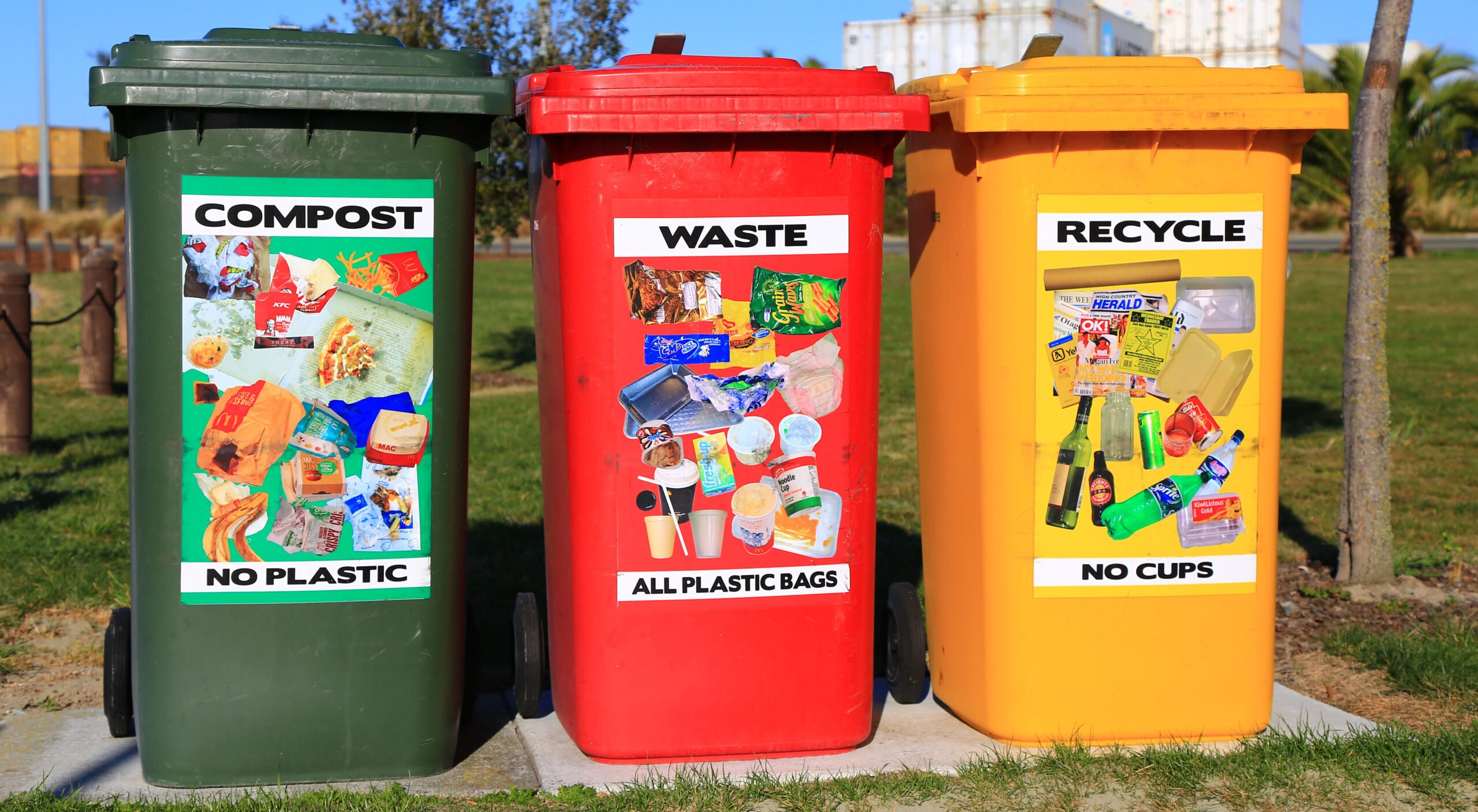New CA Legislation Requires All Single-use Packaging To Be Recyclable by 2032

The Plastic Pollution Prevention and Packaging Producer Responsibility Act (the “Act”) was signed into law by Governor Gavin Newsom on June 30, 2022.1 This comprehensive legislation seeks to shift the costs of recycling infrastructure, recycling plants, and collection and sorting facilities to packaging manufacturers and away from taxpayers. In an effort to combat the environmental impacts of plastic pollution, the Act specifically targets the reduction of single-use packaging and food service ware, including but not limited to plastic-coated paper or paperboard, toiletry bottles, quick service bowls, lids, cups, stirrers, straws, and utensils. One of the most notable aspects of the Act is that all single-use packaging or food service ware — not just plastic packaging— manufactured or introduced to California must be recyclable or compostable by 2032.
The Act establishes fees and reporting requirements for any ‘producer’ that manufactures, imports, distributes, or sells products containing single-use packaging or food service ware in the state of California. If there is no ‘producer’ located in California, the ‘producer’ will be deemed to be the owner or licensee of the brand or trademark under which the product is sold or brought into California. Those defined as producers must join a Producer Responsibility Organization (PRO) approved by the California Department of Resources Recycling and Recovery (CalRecycle) by Jan. 1, 2024, or will be prohibited from selling, importing, or distributing single-use packaging or food service ware in California.
PROs are composed of industry representatives and are responsible for implementing and monitoring the collection, processing, recordkeeping, and reporting requirements imposed on producers under the Act. To achieve these objectives, the PROs will establish and collect fees from each of its member producers. Each PRO must contribute $500 million each year for 10 consecutive years starting in 2027 to the California Pollution Mitigation Fund, which will be used to mitigate the environmental impacts of plastic.2 Each PRO must also contribute $500 million each year to the California Department of Tax and Fee Administration and pay a “California circular economy administrative fee” established by CalRecycle.
Aside from those defined as ‘producers’ under the Act, the recycling industry will be largely impacted by the new legislation. Recycling facilities, solid waste transporters, self-haulers, brokers, and local government agencies that provide solid waste collection services must submit reports regarding the types, quantities, and destination of materials they transport to CalRecycle. Disposal facility operators will be subject to similar reporting requirements which inform CalRecycle of the nature of materials disposed of at their facilities. The Act also establishes a state-mandated recycling program that requires local recycling services to include ‘covered material,’ single-packaging, and food service ware, in their collection services.
In establishing PROs and holding all levels of commercial enterprise accountable for the single-use plastic that is introduced to California, the Act aims to achieve the following measures:
- Producers must reduce the amount of plastic in their packaging (in weight) by 25% by 2032.
- The number of plastic items sold, distributed, or imported into California must be recyclable at the following levels in the future:
- At least 30% of all plastic items sold, distributed, or imported into the state must be recyclable by Jan. 1, 2028;
- At least 40% of all plastic items must be recyclable by Jan. 1, 2030; and
- At least 65% of all plastic items must be recyclable by Jan. 1, 2032.
- CalRecycle is authorized to increase these percentages if the amount of plastic in the economy and waste stream grows.3
- Any entity not in compliance with the Act may be subject to a civil penalty of up to $50,000 per day per violation of the Act.
Although California is the first state to pass extensive legislation limiting the production of single-use packaging and food service ware, many other states are expected to use California’s Plastic Pollution Prevention and Packaging Producer Responsibility Act as a model for future regulations. Industries that will be impacted by this legislation should be aware of the new regulatory requirements imposed under this Act.
For more information on compliance with recycling and solid waste regulations, please contact a member of Taft’s Environmental practice group.
1The Plastic Pollution Prevention and Packaging Producer Responsibility Act, SB 54, (2022) (enacted), available at Bill Text – SB-54 Solid waste: reporting, packaging, and plastic food service ware. (ca.gov).
2Rachel Ramirez and Taylor Romine, Single-use Plastic Waste is Getting Phased Out in California Under a Sweeping New Law, CNN (July 1, 2022), available here.
3See Press Release, Office of Governor Gavin Newsome, Governor Newson Signs Legislation Cutting Harmful Plastic Pollution (June 30, 2022), available here.
In This Article
You May Also Like
Navigating California’s Groundbreaking Climate Laws: What Out-of-State Businesses Need to Know EPA Moves to Vacate All Drinking Water Standards for PFAS Other Than PFOA and PFOS